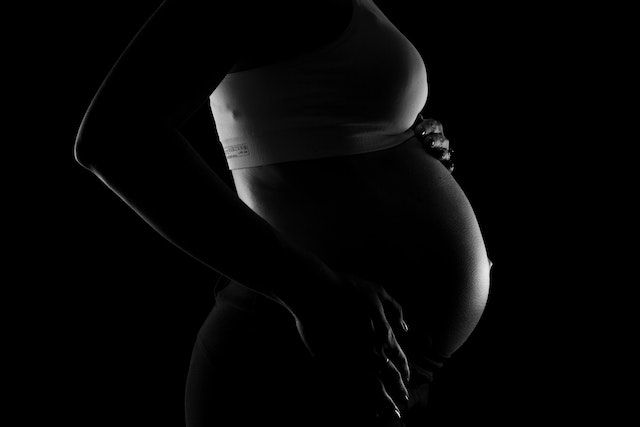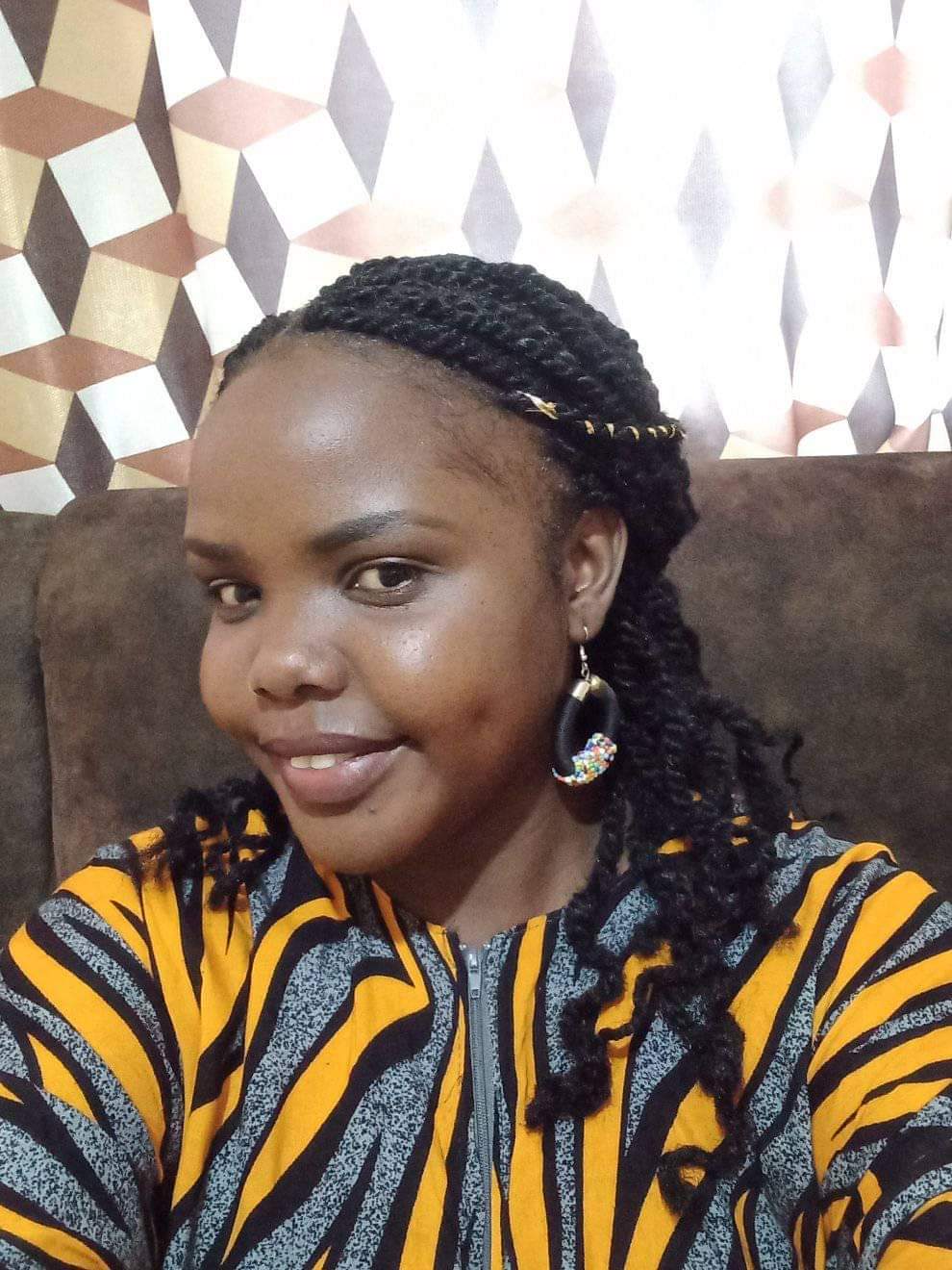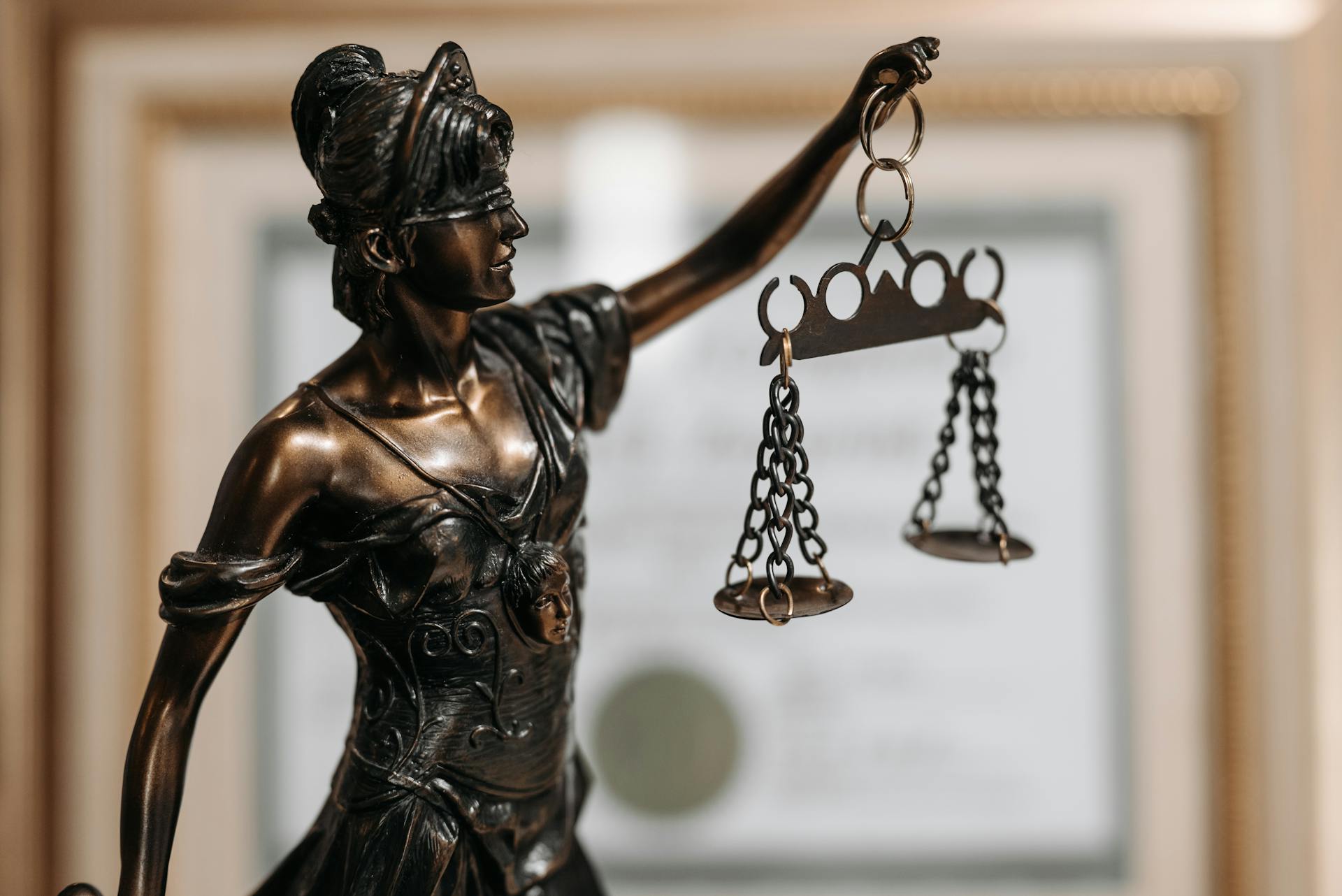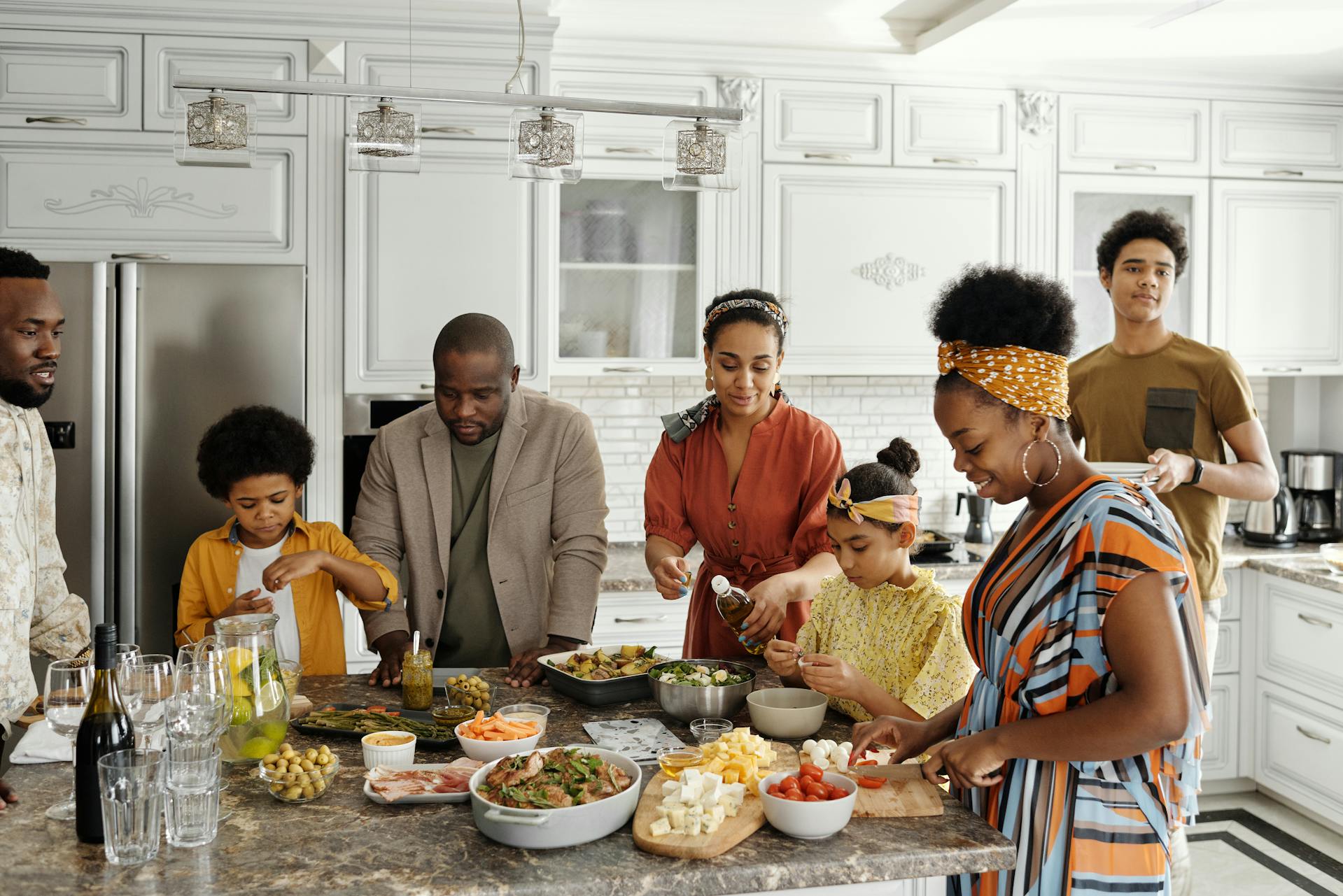“At least it happened early, it wasn't even a baby yet.” “It was not meant to be yours.” ”You are young, you will get pregnant again." “When will you try again?” These are some of the last things a woman who has had a miscarriage would want to hear. And yet, that is exactly what people say.

One in every four pregnant women will have a miscarriage, with the threat being the highest during the first trimester. This explains why most women miscarry unknowingly; they were not aware of the pregnancy in the first place. Therefore, the statistics could be higher since so many miscarriages go unrecorded.
Sadly, an issue of such magnitude is usually swept under the carpet. Conversations surrounding miscarriage in our African society are held in hush tones. People are afraid of mentioning anything to do with pregnancy loss. It is even considered taboo in some cultures. It’s hard to believe this until it happens to you.
The first time I found out I was pregnant, I was scared. I felt inadequate, inexperienced, and unprepared for motherhood. At twenty-five, I felt I was too young to become a mother. There were a few boxes I wanted to tick before parenthood. But when I went for my first ultrasound, at 7 weeks, it finally dawned on me that I had a little life in me. That was when everything changed.
My partner was excited, rooting for a baby girl. He scrolled the internet for baby names and settled on one. Bianca. Personally, I wanted to hold a little boy in my arms. We shared the good news with our families, who wished us well. This was going to be the first grandchild in both families. For the health of our baby, I changed my diet to incorporate more fruits and vegetables.
It is usually said that the first trimester is rough, and this was true in my case. Every morning, my head was bent over the toilet bowl as I emptied remnants of last night’s supper. I had to be admitted at the hospital to be treated for dehydration. Despite all this, I faithfully took my prenatal vitamins because the baby needed folic for proper spinal development.
The miscarriage
I was in the toilet one Sunday afternoon when I saw some blood. I panicked. I told my partner and we immediately rushed to the hospital. I was ten weeks pregnant.
On arrival, the doctor told me I needed an ultrasound. I asked if anything was wrong. He assured me that it was a routine procedure in such circumstances. “Besides,” he explained, “spotting is a normal symptom during pregnancy.” The ultrasound was to ascertain if all was well.
Nonetheless, I couldn’t shake the feeling of doom that came over me. The sonographer asked me to raise my blouse and he applied some gel on my belly. He then moved a transducer around my stomach as he checked on an adjacent screen. His facial expressions confirmed my worst fears.
“Is the baby okay?” I asked.
"Madam, I cannot feel the baby's heartbeat, and the amniotic sac is empty," he replied.
He then turned the screen around and pointed to where the baby should have been. All I could see was a dark circle. Tears streamed down my face as the sonographer mouthed a ‘sorry, madam'.
Back at the doctor's office, he told me that I was undergoing a miscarriage. He said that miscarriages are not an unusual occurrence, especially for first-time pregnancies. In my case, I had a blighted ovum which meant that the fertilised egg implanted itself in the uterus but did not grow into an embryo.
“It will feel like abdominal cramps, so do not panic. Just take your painkillers, wear sanitary towels, and wait for nature to take its course," the doctor advised.
My mind was hazy and tears filled my eyes as the doctor spoke. I saw all our dreams for the future crumbling down. I had grown attached to the baby. I had already bought some cute baby clothes.
“Now what do I do? Do I give them away?” I asked myself. I even thought that God was punishing me for some unknown sin. I felt betrayed by Him. The doctor seemed to read my mood and told me that I was still young. I would get pregnant again.
That night, my partner was very quiet. I could see he was hurting. He held me as I cried and waited for the worst to happen. I took my painkillers when the abdominal pain began. At first, the pain was manageable. However, by 8 in the morning, it intensified. I took more painkillers, but it continued, unabated. I could not stand up. I lay in bed wishing the pain away, but it came back stronger. Piercing through my lower belly and lower back.
I crawled onto the floor, looking for my phone. I called my partner, who had left for work after I assured him I was okay. His line was busy. I hobbled to the door, opened it, and screamed for help. My neighbours rushed over and took me to the hospital.
I hobbled into the emergency section, blood gushing down my legs. I was helped onto a bed. A roll of cotton wool was inserted between my legs, to contain the blood. I explained what I was experiencing through gritted teeth, punctuated by agonising screams. A nurse injected me with a painkiller. Finally, some relief.
When my partner arrived, the doctor ordered another ultrasound. This was to confirm that everything had come out. They monitored my blood pressure, and hours later, I was discharged.
After the miscarriage
I blamed myself after the miscarriage. I thought I had done something to cause it. Our extended family members were dejected when we shared the news. My partner and I were lost in grief.
It was then that I realised that society does not know how to handle women after a miscarriage. For instance, I was discharged without any counselling. I had to figure out the feelings of despair and guilt by myself.
Research suggests that counselling after pregnancy loss is critical because it aids in averting depression. According to the Miscarriage Association, it is important to find a safe space after a miscarriage. This helps one to express themselves freely without fear of judgement or criticism. I believe if the hospital had offered me this opportunity, my healing process would have been easier. Instead, my partner and I were stuck in darkness. It took us a long time to find the light in our lives again.
My friends tried to comfort me by saying, “At least it happened early, it was not even a baby yet.” Such comments broke my heart even more. I felt misunderstood. My ordeal was, effectively, being invalidated.
I have learned a few things from this that I would like to share. If someone close to you experiences a miscarriage, acknowledge their loss. And be there for them. You can pay them a visit and make them a meal. Sit with them. Hold them as they cry. Holding their hand in such a tough moment helps them know they are not alone. And please don’t ask them if they want to try again. Just give them the space and time to grieve. If you do not know what to say, say nothing.
Following my ordeal, a family member said to me, "You jinxed yourself by buying baby clothes before the baby was born.” I felt attacked by this comment because it added to the guilt I already felt.
Another one said, “It was not meant to be yours.” This pained me because it appeared like they were judging me. It felt like they believed I was not fit to be a mother. Therefore, instead of using such phrases, you could say something like, “Bianca was lucky to have you as her mum.” Use the baby’s name. It acknowledges their existence. It shows that you share in the pain of the parents.
Always remember a loss is a loss no matter how young the pregnancy. I lost a part of me that day. Even though I have a rainbow baby now, I always count my angel in heaven. My Bianca. Ultimately, as a society, we need to change the narrative around miscarriages because they affect us and our loved ones.





